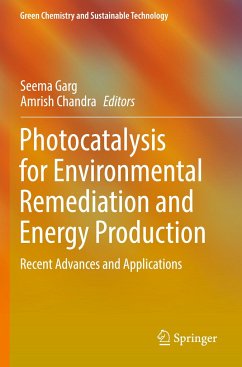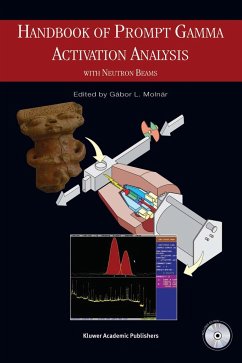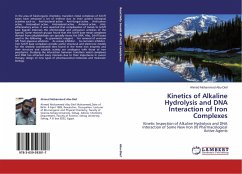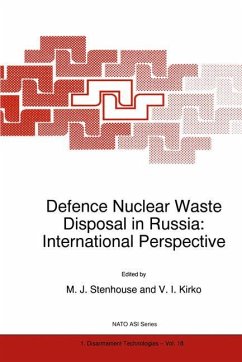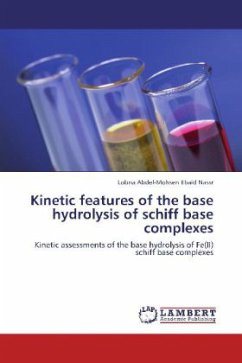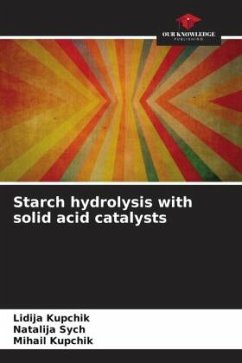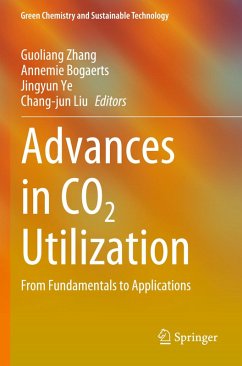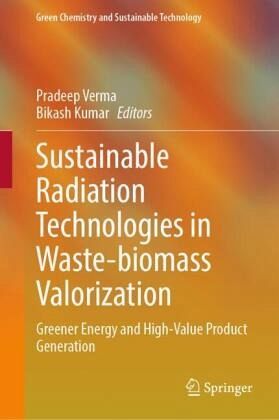
Sustainable Radiation Technologies in Waste-biomass Valorization
Greener Energy and High-Value Product Generation
Herausgegeben: Verma, Pradeep; Kumar, Bikash

PAYBACK Punkte
76 °P sammeln!
This book illustrates past and recent advances in radiation-based technologies for their application in waste biomass valorization. The radiation technologies are useful for biomass pretreatment for overcoming biomass recalcitrance or direct conversion of biomass into bio-oil or high-value products. The book demonstrates the technological aspects of several radiation-based technologies such as microwave, ultrasound, gamma, x-ray, laser, and electric field. These highly advanced cutting-edge technologies are a sustainable approach and serve the dual purpose of value addition and waste remediati...
This book illustrates past and recent advances in radiation-based technologies for their application in waste biomass valorization. The radiation technologies are useful for biomass pretreatment for overcoming biomass recalcitrance or direct conversion of biomass into bio-oil or high-value products. The book demonstrates the technological aspects of several radiation-based technologies such as microwave, ultrasound, gamma, x-ray, laser, and electric field. These highly advanced cutting-edge technologies are a sustainable approach and serve the dual purpose of value addition and waste remediation. These technologies are in different stages of their development and attempts have been made to move them to large-scale applications; thus, this book focuses on the different developmental stages of each technology along with futuristic suggestions and inputs. The book not only attempts to cover technical aspects such as the design and functioning of the equipment but also covers thecurrent industrial prospect of each technology. It addresses the bottlenecks that are challenging its growth and movement to large-scale applications and introduces the cost, market cover, and government policies for the implementation of technologies in the industries. Finally, it provides future perspectives and opportunities in irradiation-based technologies for sustainable growth of future waste biomass-based biorefinery. This book provides interdisciplinary viewpoints from multiple sciences and is helpful and valuable to a wide readership in the various fields of mechanical and chemical engineering, biophysics, bioprocessing, high-value product generation, and biorefinery.



